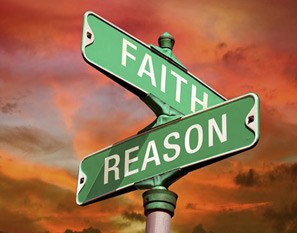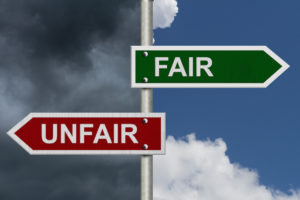 In the last post, I explained the dilemma Christians face in attempting to use reason to persuade non-Christians to faith in Jesus.
In the last post, I explained the dilemma Christians face in attempting to use reason to persuade non-Christians to faith in Jesus.
Those who need redemption are unable to be persuaded because their fallen condition predisposes them toward suppressing the Truth.
As a result, when the Apostle Paul took the gospel to the Greeks, he did not attempt to persuade them with reason but with the power of God. I Corinthians 4:20.
If any group of people were subject to being persuaded by reason, it was the Greeks. The Greeks gave us Plato and Aristotle.
Millennials are on the opposite end of the spectrum from the Greeks. They are more driven by emotion than reason. The Greeks produced stoics; Millennials produce snowflakes. Continue reading “On Apologetics—Part 2”



